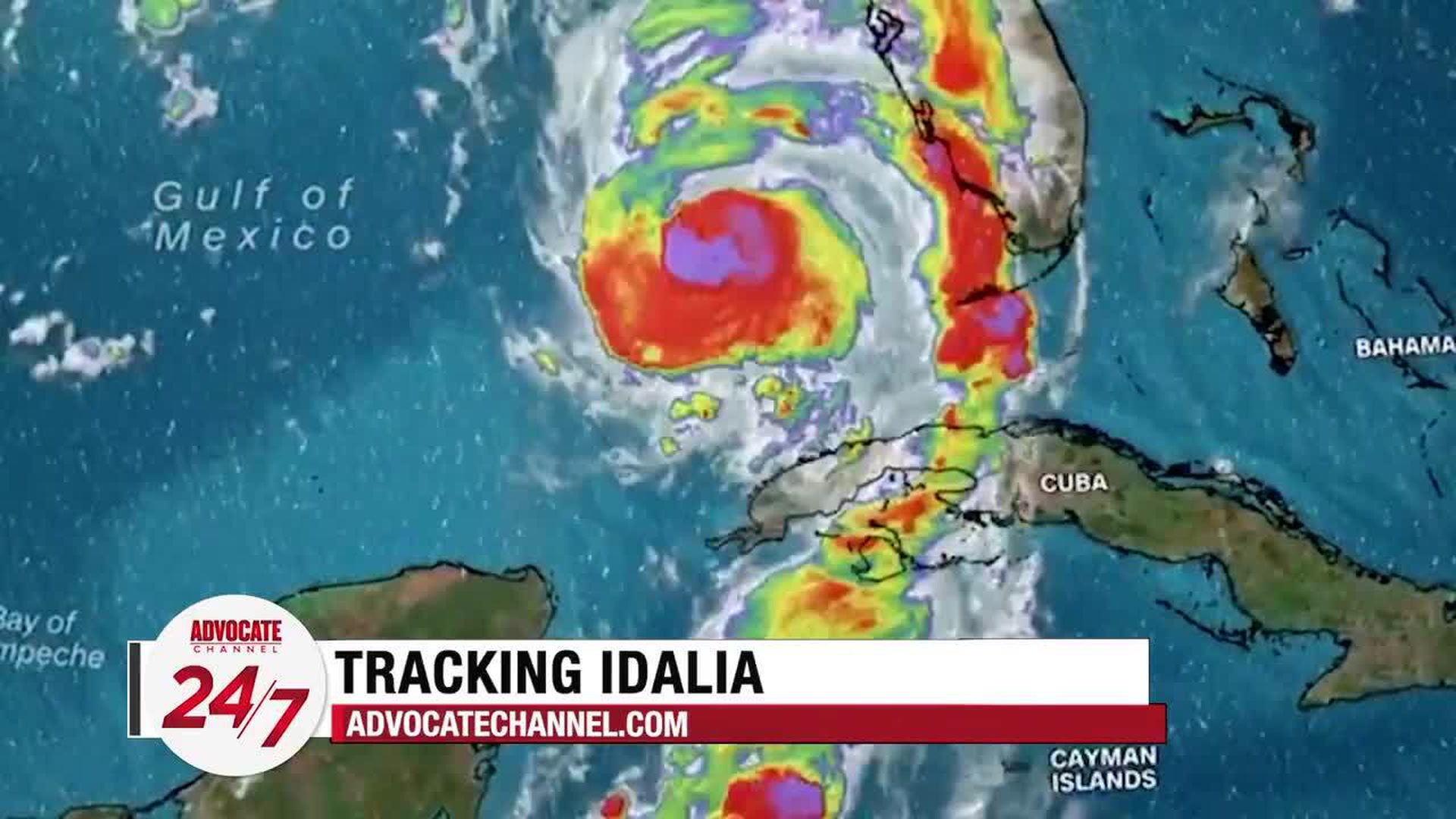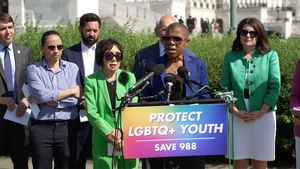Hurricane Idalia struck the Big Bend region of Florida's gulf coast in the early hours of Wednesday morning, becoming the second major hurricane of the 2023 season.
So far, The Weather Channel has reported over 20,000 power outages, massive structure collapses, and devastating flash floods caused by hurricane Idalia. Experts warn that the Category 3 storm may have this year's record-breaking ocean heat to thank for its catastrophic 125 mph winds.
Bracing for Idalia - Clip

Idalia may have heat waves to thank for its Category 3 status. Ocean temperatures are rising across the globe, and Florida's waters are no exception. Last month, Manatee bay hit 101.1 degrees, which is a "potential record," National Weather Service meteorologist George Rizzuto said.
Temperatures exceeded 100 degrees for two days in a row, amid a weeks-long heat advisory in southern Florida. Last year marked the fourth year in a row that oceans have broken previous heat records, which is an even stronger indicator of climate change than air temperatures.
The gulf of Mexico is also hotter than ever before, giving more fuel to cyclones like Idalia through a process called convection — where heat energy stored in water vapor is released.
“It’s not that those warm temperatures cause the storm to form,” Allison A. Wing, an associate professor of earth, ocean and atmospheric science at Florida State University, told The New York Times. “It’s more that, if a storm is able to form, it can take advantage of those incredibly warm temperatures and become a strong storm.”
Rising temperatures are devastating marine ecosystems, and pose humanitarian risks for coastal populations. Hurricanes have become deadlier over the past few decades, according to a new study published in Science Advances.
The researchers told The Washington Post that they hope their findings will motivate communities to develop warning systems, allocate more resources to disaster planning, and brace structures for devastating flash floods. Each hurricane season may break new records, posing an even greater risk to vulnerable coastal communities.
- Ocean Heat Is Putting Sharks at Risk — Here's How ›
- Water at Florida's Tip Surpasses 100 Degrees ›
- Oceans Warm to Record Temperatures, Impacting Extreme Weather ›
- Hurricane Lee Is Alarming Even If It Doesn't Make Landfall ›
- California Sues Oil Companies For Lying to the Public About Climate Change ›
- Tropical Storm Ophelia Closes In on the East Coast ›


















































